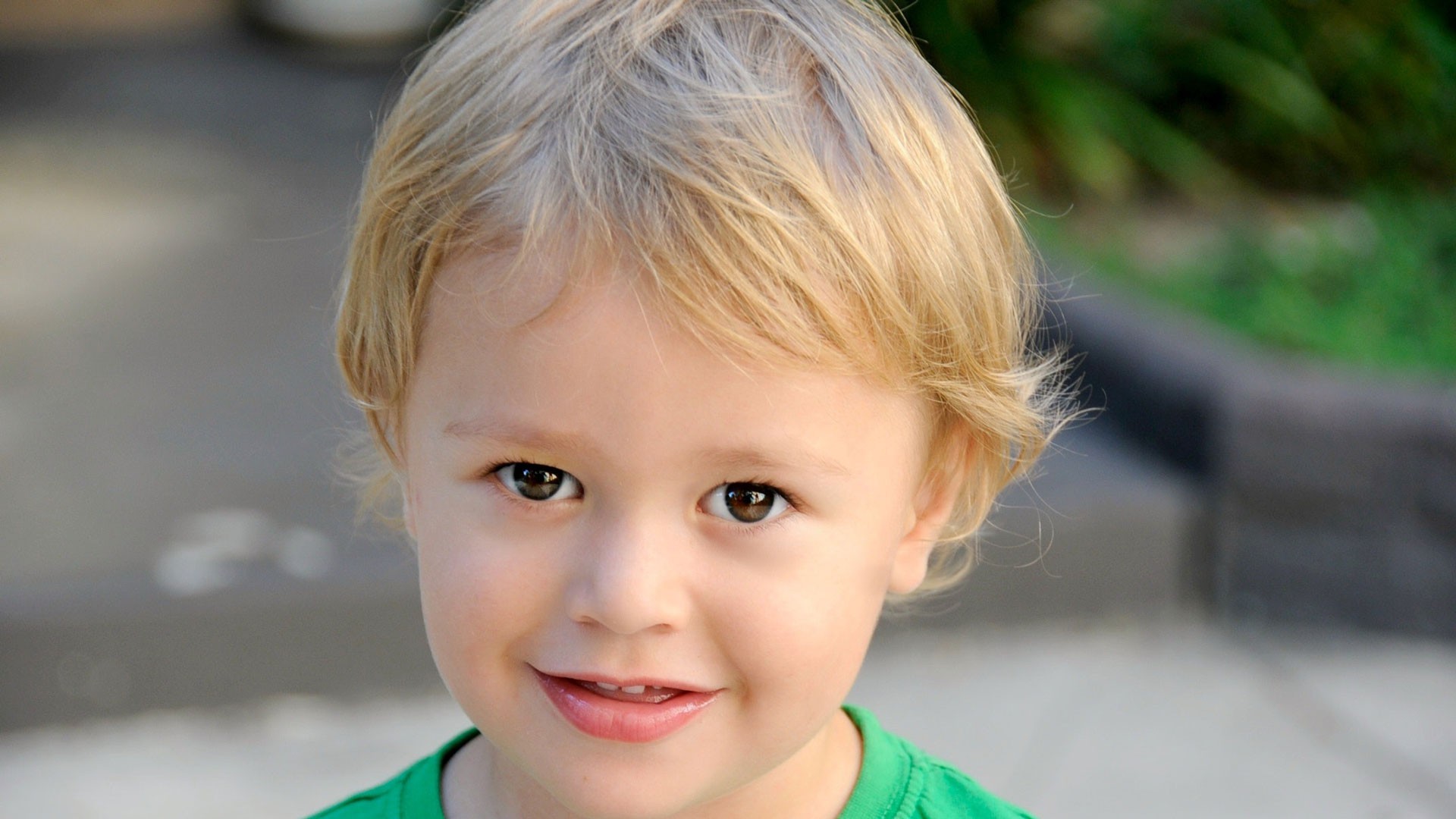
22
DecHow to reinforce your children’s emotional intelligence?
When you experience the world through your emotions, you tend to do and say things you normally would not. This is actually what children do all the time. They express themselves through emotions instead of words.
Emotional self-control is the ability to manage and control the expression of your emotions. By age of three-four, children usually start to use strategies that help them improve their emotional self-control. These strategies help them cancel and control disturbing and unpleasant external stimuli. Whilst they firstly develop the capacity to tolerate unwanted emotions, children later develop problem-solving capacities. They learn to make decisions and to create a plan to face and resolve the problems they face.
Emotional intelligence comprises a range of strategies to identify, analyse and solve external problems as well as expressing and managing one’s emotions.
Many cultures and countries focus on education and academic achievements whilst ignoring emotional intelligence. Many school systems create passive children who follow certain rules without gaining an understanding of their meaning. Instead, children should be assertive, proactive and able to analyse why things happen and what their meaning is. Everything happens with a purpose, but not everybody is able to see this purpose.
Here are some useful tips to reinforce your child’s emotional intelligence.
Be aware of and respond to other people’s needs
Paying attention and responding to other people’s needs involves communicating and responding to others through a) demonstrating that you have captured and understood their inquiry and b) by verbally expressing back key messages that you have received.
Defining feelings and emotions
Teach your children the definitions of feelings and emotions. What does ‘sad’, ‘angry’, and ‘confused’ mean? How will children know what they feel if they are unable to define their feelings and emotions? Take time, sit with your child and open a dialogue. This will also enable you to gain a better understanding of how your child sees the world. If negative definitions are predominant in your child’s vocabulary, then they may see the world negatively. Explain your children that negative feelings such as ‘sadness’ don’t specifically mean that things are going wrong. They are part of everybody’s life and they have specific meanings in each individual’s life story. Please note that the way you define the words you use gives you the eyes through which you see and consider the world. So, focus on building a healthy, positive and meaningful vocabulary that you will pass onto your children.
Developing self-awareness
People with low self-awareness are at higher risk of not having a clear idea how they come across to others. Their self-image is false and this can impact on their relationships with others. In other words, sometimes, they don’t know who they are and how they behave.
You can help your children develop self-awareness through self-reflection. Let your children ask themselves ‘What have I done?’ and ‘What could I have done differently?’. Self-observation and self-reflection are excellent ways to see ourselves from a different angle. People tend to be more focused on what others think and do, instead of focus on themselves.
Self-observation and self-reflection enable you to look at yourself like someone else does it externally. This is how you become a better version of yourself.
Developing empathy
Empathy is the ability to take into account the perspectives of another person while being non-judgemental and recognising their emotions and feelings. Paying attention to and reflecting back on other person’s perspectives makes them feel valued, understood and increases their likelihood of support and collaboration.
Please note that your children generally develop empathy through imitation and identification, i.e. when they watch and observe you. They then repeat what they see. The best way to teach empathy is to be a good role model. Children also observe other adults they interact with, including siblings, family members, teachers, classmates etc.
To learn more about parenting, check out my blog on www.angelpsychology.com. If you have specific questions, do not hesitate to get in touch on: info@angelpsychology.com
Please note that Cognitive Behaviour Therapy (CBT) and Psychodynamic Therapy will help you acquire the knowledge and reflection you need. Learn more about Psychodynamic Therapy here and about CBT here. Don't forget that you can work with me at home. Learn more about online psychotherapy here.
With warm wishes,
Dr Ivanka Ezhova
Founder of Angel Psychological Therapy – Online Psychological Therapy
- 22nd Dec, 2019
- Parenting











